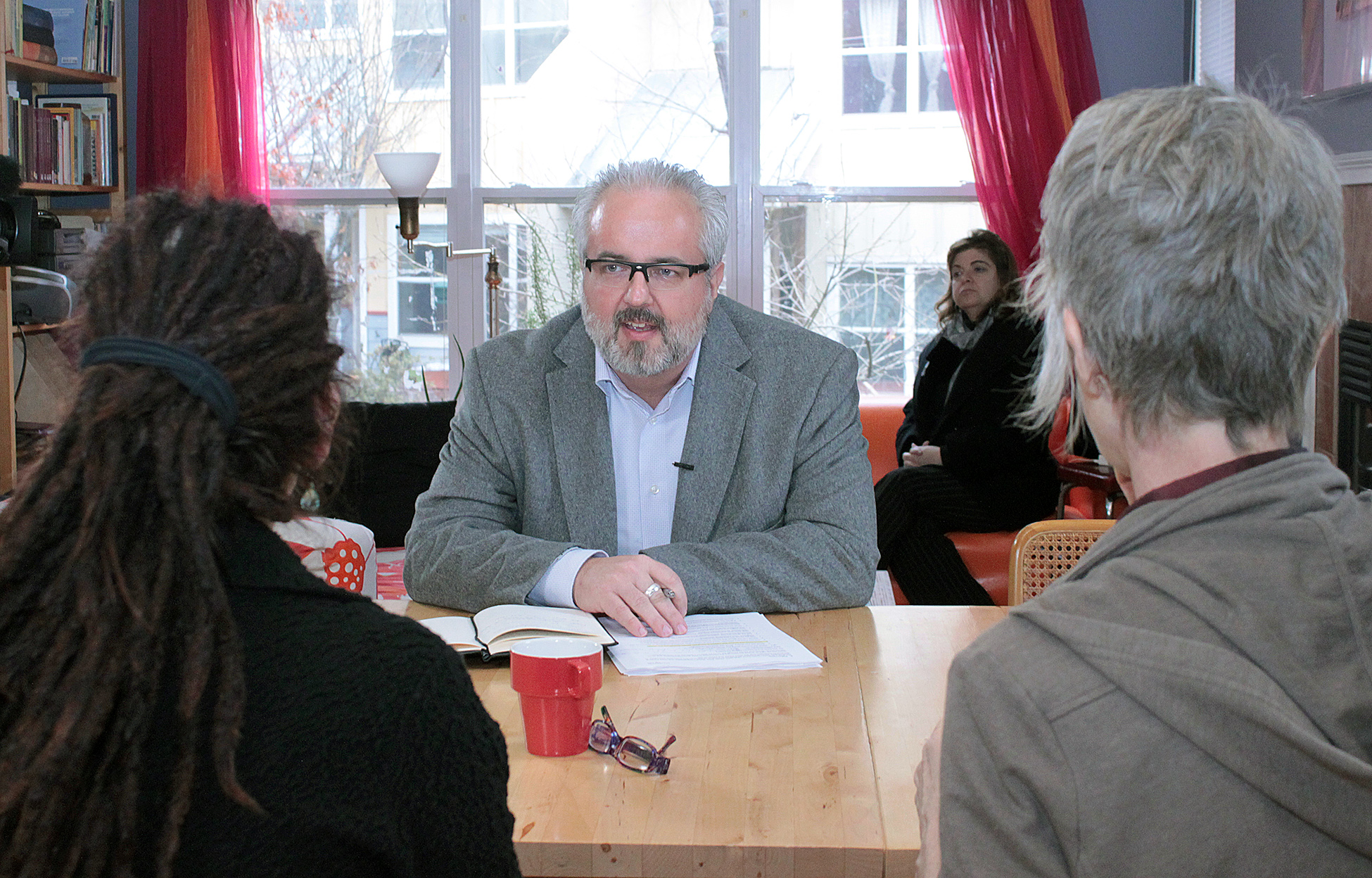
AARP received an assist from the Georgia Tech Research Institute’s (GTRI) unique “lab” of volunteer consumers in its study of older adults and technology-heavy personal devices.
In 2014, AARP created the Project Catalyst initiative to promote the development of technologies designed to meet the needs of seniors aged 50 and older. AARP tapped Georgia Tech’s HomeLab, located within the Georgia Tech Research Institute (GTRI), to research issues of importance to the community. For the first project, GTRI was tasked to study activity and fitness tracker usage to monitor fitness and sleep.
AARP’s Project Catalyst: The Power of We Initiative partnered with GTRI to work with 92 consumers 50 years old and older, assigning participants one of seven popular devices to track either sleep or daily activity. The trial, which ran for six weeks, concluded that while the devices’ designs and utility may have lacked features ensuring long-term use or adoption, overall, an opportunity exists for long-term adoption by these consumers.
Overall, the study found the following:
- 71 percent reported awareness of activity, sleep or eating habits
- 45 percent reported increased motivation
- 46 percent reported a change in behavior
- 67 percent reported the item they tested to be beneficial
“HomeLab was developed by Georgia Tech to better connect researchers with members of local communities so that we can answer detailed questions about end-users’ needs and aspirations,” said Brad Fain, director of HomeLab. “We also can track whether these the specific technologies are successful in helping older adults lead safe, healthy and fulfilling lives.”
Fain said the activity tracker trial lasted six weeks. HomeLab is now working with AARP on a medication adherence study for 18 weeks. A variety of low- and high-tech solutions designed to assist older adults in remembering to take their medications as prescribed.
“We intend to work with HomeLab in the future as we continue to conduct studies that empower innovators to create better solutions that meet the needs and wants of people over 50,” said said Jeffery Makowka, director of Thought Leadership at AARP. Makowka says he and others met HomeLab representatives during the Institute for Ages Conference in Sarasota, Fla., via Innovate LTC, the International Center for Long Term Care Innovation.
“HomeLab is an ideal research partner because of its expertise in ethnographic research and deep knowledge of the aging population,” he said. “HomeLab has been an excellent partner in helping to shape Project Catalyst, The Power of We.”
Created in 2013, HomeLab enlists adults 50 years of age and older to help companies evaluate baby boomers’ perceptions, use and acceptance of home health and wellness technologies. In 2014, HomeLab was estimated to have a network of more than 600 homes across the state of Georgia. HomeLab’s detailed data collection regarding each HomeLab participant’s health and home enables volunteers to be rapidly recruited for both long- and short-term testing.
“It is important that companies obtain consumer feedback on products as early as possible in the design process,” Fain said. “HomeLab can facilitate an early connection with target populations to evaluate design concepts or early prototypes. Evaluation of a pre-market or mature technology by Georgia Tech's HomeLab will provide a company with documented evidence for marketing, regulatory compliance and product design.”





